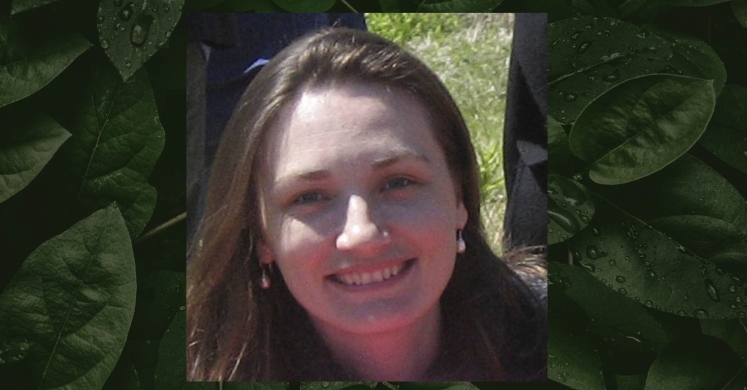Phipps Stories

Meet a Scientist: Dr. Welkin Pope
All of the researchers featured on Phipps' Meet a Scientist Saturdays have been trained through our science communication workshops. If you are graduate student, faculty, or professional in any field of STEM and you are interested in the workshop or participating in a Meet a Scientist Saturday, check out our website or contact Phipps’ Science Education Outreach Manager Dr. Maria Wheeler-Dubas at mwheeler-dubas@phipps.conservatory.org.
What are your plans for this weekend? Come meet Dr. Welkin Pope on Saturday, Sep. 21, in the Tropical Forest from 1:30-3:30 for this month’s Meet a Scientist! Dr. Pope spends her days working in a world too small for us to see as she studies phages, the viruses that target bacteria! Read a bit more about her below, and come say hi on Saturday!
Introduce yourself in 5 sentences or less
Welkin: My name is Welkin Pope, and I am a Research Assistant Professor in the Department of Biological Sciences at the University of Pittsburgh, and the Science Coordinator for the Howard Hughes Medical Institute’s SEA-PHAGES program. The Science Education Alliance-Phage Hunters Advancing Genomics and Evolutionary Science program is a ten-year old initiative jointly lead by HHMI and Pitt Professor Graham Hatfull, designed to bring authentic research into undergraduate lab courses; more than 100 institutions from across the globe are members. We study bacteriophages—the viruses that infect bacteria---in order to gain insights into their diversity and evolution; and to develop uses for phages in health, agriculture, education, and scientific research.
Why did you become a scientist?
Welkin: I grew up on Cape Cod, and used to help my mother with her work for the US Geological Survey and for the Cape Cod National Seashore. I’ve always loved solving difficult problems and learning and discovering new things; I also like sharing my discoveries.
What is the most exciting thing you’ve ever done at work?
Welkin: In graduate school, I went to sea on a research vessel to collect samples in the Bermuda Triangle.
What skills do you use in your job?
Welkin: I spend a large amount of my days looking at pictures trying to find the differences between phages—just like those puzzles in the Sunday paper where you try to spot the differences. Other basic skills I use regularly include reading, writing, and math--- more advanced skills include using an electron microscope, working with large datasets in a computer, and basic molecular biology techniques to study DNA and proteins.
What is your favorite part of your job?
Welkin: Talking to other scientists about their work and telling them about mine; together, we always learn more than we would alone.
What do you like to do outside of science?
Welkin: I love spending time with my husband, daughter, and son; my favorite hobby is tap-dancing, which I only started two years ago. Tap is great; it is good exercise and really fun.
Why is science education important?
Welkin: The world is a messy and complicated place—studying science gives you the tools you need to understand what you see and experience around you. Science education is about more than remembering scientific facts--- the best science education teaches you how to observe the world around you, how to think critically, how to ask good questions, how to solve problems, and how to communicate and share your answers.

